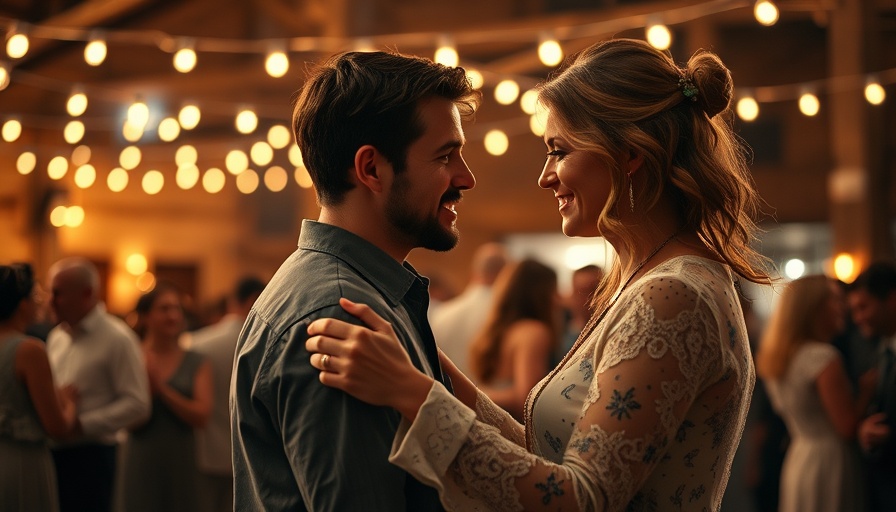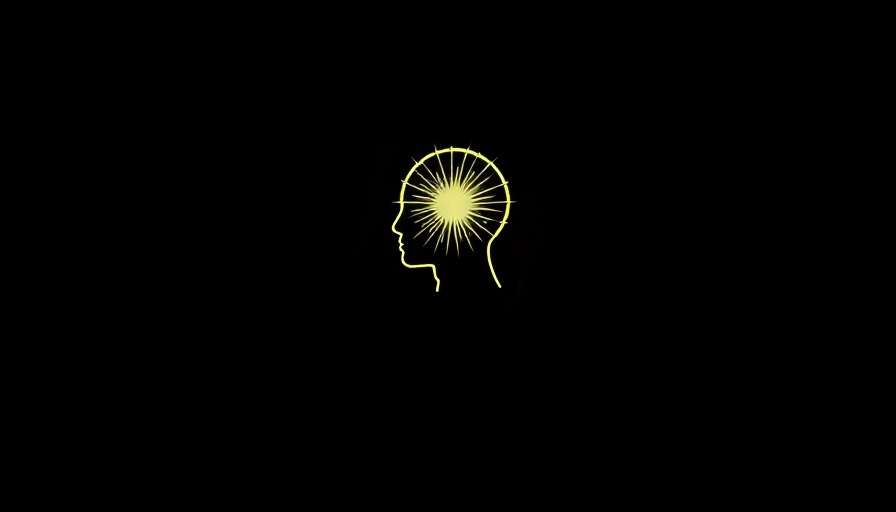
Unpacking the Tension in "The Last of Us" Season 2 Premiere
The highly anticipated season premiere of The Last of Us brings back the chilling reminder that while humanity grapples with a world overrun by Cordyceps-infected zombies, it is the human spirit—and its prevailing prejudices—that presents an equally harrowing challenge. In its recent episode, Ellie (portrayed by Bella Ramsey) encounters a scene familiar to many queer viewers: the unsettling feeling of being scrutinized for their identity while sharing affection. Show creator Craig Mazin sheds light on this pivotal moment, suggesting that it not only reflects the world of 2003, when the apocalypse began, but also serves as a commentary on the persistent prejudices that evolved—or stagnated—over the decades.
Echoes of the Past in a Changing America
As viewers tune in to a show that encapsulated themes of love and acceptance against a backdrop of chaos, they also wrestle with the reality that the social landscape has changed drastically. In 2025, queerness, and specifically trans identities, face a resurgence of hostility fueled by political discourse. The actions of the current administration highlight an alarming environment, especially for trans youth, where rights are continually under threat.
Staying True to Authentic Storytelling
Neil Druckmann, the co-creator of both the game and show, emphasizes the importance of focusing on the story's integrity rather than the external pressures from societal debates. He shares, "We try to just shut out all outside pressure and voices as much as we can..." This leads to an unfiltered portrayal of experiences that evoke both nostalgia and discomfort, revealing that while some societal beliefs may have shifted, the core struggles of acceptance remain.
Representation Matters: The Responsibility of Media
The representation of queer experiences, particularly in dystopian narratives, not only honors those who have faced similar struggles but also serves as poignant reminders for current and future generations. The raw moment when Ellie confronts hate serves to illustrate how media plays an essential role in shining a light on both progress and the perilous retreat of acceptance. By refusing to sweep these moments under the rug, The Last of Us positions itself firmly within the contemporary conversation on identity and acceptance.
 Add Row
Add Row  Add
Add 




Write A Comment